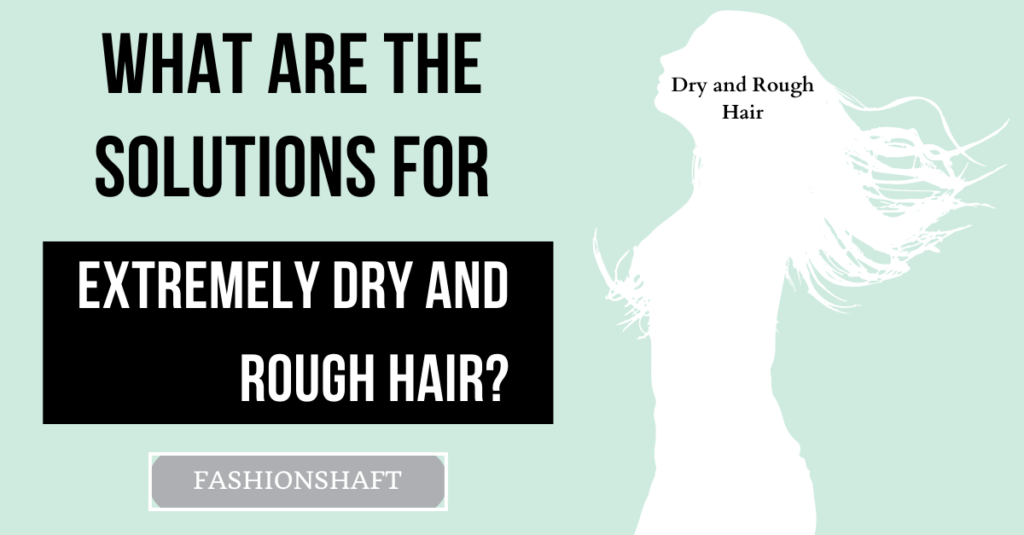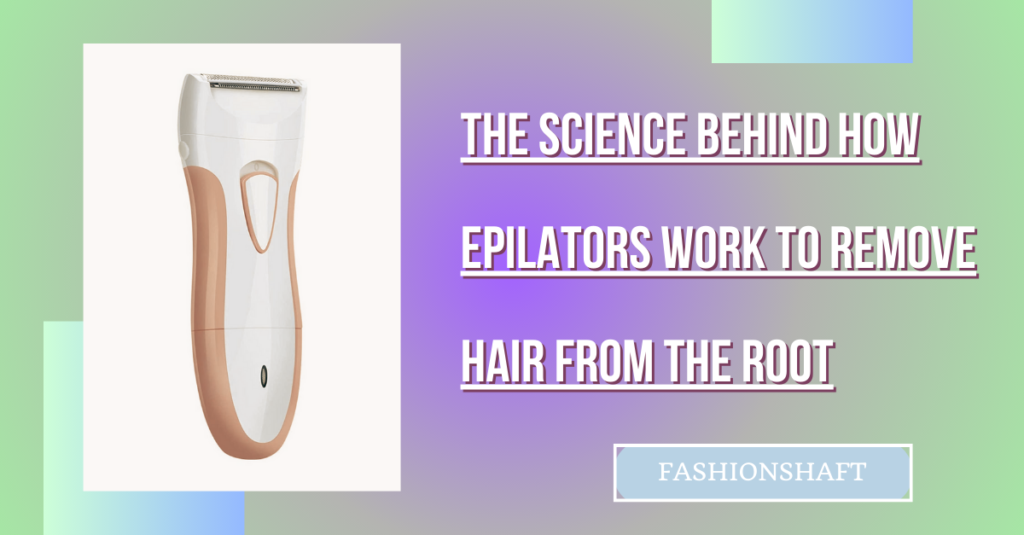Is it a bad idea to not condition your hair after shampooing it?
Introduction
Proper hair care is a vital part of our daily routine, and most of us understand the importance of regular shampooing. However, conditioning after shampooing is often overlooked or neglected. The question arises: Is it a bad idea to skip conditioning after shampooing? Conditioning plays a crucial role in maintaining healthy, nourished hair, and its benefits extend far beyond mere cosmetic appeal.
In this article, we will delve into the significance of conditioning after shampooing and explore the potential consequences of neglecting this essential step. We will examine how shampooing alone can strip the hair of its natural oils and leave it vulnerable to damage and dryness. By understanding the role of conditioner in hair care, we will uncover the multiple benefits it offers, such as moisturizing, detangling, and enhancing manageability and shine.
Additionally, we will consider various hair types and their unique conditioning needs, as well as alternative options for those who prefer non-traditional methods. Expert opinions and scientific research will be highlighted to provide a comprehensive understanding of the topic. So, let’s explore the potential downsides of skipping conditioner and discover the optimal approach to maintaining healthy and beautiful hair.
The Importance of Conditioning
Conditioning is an integral part of a healthy hair care routine. After shampooing, the hair cuticles open up, allowing the shampoo to cleanse the hair and remove dirt and excess oils. While this is essential for maintaining cleanliness, it also strips the hair of its natural oils, leaving it more prone to dryness, frizz, and damage. This is where conditioner comes in.
Conditioner serves several vital functions that contribute to the overall health and appearance of the hair. Firstly, it helps restore moisture and replenish the natural oils that were washed away during shampooing. This is particularly crucial for individuals with dry or damaged hair, as it helps to repair and nourish the strands, making them more resilient and less prone to breakage.
Moreover, conditioner provides a protective layer that seals the hair cuticles, preventing moisture loss and environmental damage. This is especially beneficial for those who frequently expose their hair to heat styling tools, such as blow dryers or straighteners, as well as harsh weather conditions like extreme heat or cold. By forming a barrier, conditioner helps shield the hair from these external stressors, maintaining its strength and vitality.
Detangling is another significant benefit of conditioning. The slip and lubrication provided by conditioners make it easier to comb or brush the hair, reducing the risk of breakage and minimizing the time and effort required for styling. Conditioner also enhances manageability, making the hair smoother, softer, and more pliable. This is particularly advantageous for individuals with curly or textured hair, as it helps define and control the curls, reducing frizz and promoting a more polished appearance.
In addition to its functional advantages, conditioner also enhances the cosmetic appeal of the hair. It adds shine, luster, and vibrancy, making the hair look healthy and well-maintained. The moisturizing properties of conditioner contribute to a more balanced scalp environment, reducing the occurrence of dryness, itching, and flakiness. Overall, conditioning after shampooing not only improves the texture and appearance of the hair but also supports its overall health and well-being.
Understanding Different Hair Types
It is essential to recognize that different hair types have varying conditioning needs. For instance, individuals with fine or oily hair may be concerned that conditioning will weigh down their hair or make it appear greasy. In such cases, it is recommended to use a lightweight or volumizing conditioner, applying it primarily to the mid-lengths and ends of the hair and avoiding the scalp area. This way, the hair receives the necessary moisture without feeling heavy or oily.
On the other hand, individuals with thick, coarse, or dry hair require a more intensive conditioning treatment. Deep conditioning masks or leave-in conditioners can be beneficial for these hair types, as they provide extra hydration and nourishment. Applying the conditioner from the roots to the tips and leaving it on for a few minutes or overnight allows the ingredients to penetrate the hair shaft, resulting in improved moisture retention and overall hair health.
For individuals with color-treated hair, conditioning is even more crucial. Chemical processes like dyeing or bleaching can leave the hair more vulnerable to damage and moisture loss. Conditioners specifically formulated for colored hair help preserve the vibrancy of the color and prevent fading. These conditioners often contain UV filters or ingredients that protect against environmental factors that can compromise the longevity of the color.
Alternative Options
While traditional conditioning after shampooing is widely practiced, some individuals prefer alternative methods or may seek ways to minimize the use of hair products. However, it is important to note that completely skipping conditioner may have negative consequences for the hair. Instead, there are alternative options that can still provide benefits while accommodating personal preferences.
Co-washing, short for “conditioner-only washing,” is a popular alternative among individuals with curly or textured hair. Co-washing involves skipping shampoo altogether and using conditioner as a cleanser. This method helps maintain moisture levels in the hair while gently cleansing the scalp. It is crucial to choose a conditioner specifically designed for co-washing to avoid product buildup or scalp issues.
Another option is using natural or DIY conditioners. Ingredients like coconut oil, avocado, honey, or aloe vera can be used to create homemade hair masks or conditioners. These natural alternatives can provide nourishment and hydration to the hair, although their effectiveness may vary depending on individual hair types and needs. It is important to research and experiment to find the best natural conditioning options that work for you.
Expert Opinions and Scientific Research
Experts in the field of trichology, the study of hair and scalp health, strongly advocate for conditioning after shampooing. Dr. Maria Hordinsky, a dermatologist and hair expert, emphasizes that conditioning is crucial to restore moisture and protect the hair from damage. She states that neglecting conditioner can lead to increased frizz, dryness, and breakage.
Scientific research also supports the benefits of conditioning. A study published in the Journal of Cosmetic Science found that conditioner application reduced friction and tangling during wet combing, leading to a significant reduction in hair breakage. Another study published in the International Journal of Cosmetic Science highlighted that conditioners can improve the mechanical properties of the hair, making it more resistant to damage from brushing or styling.
Conclusion
In conclusion, neglecting to condition your hair after shampooing can have detrimental effects on its health and appearance. Conditioning plays a vital role in restoring moisture, protecting against damage, and enhancing manageability. It helps to replenish the natural oils stripped away during shampooing and creates a protective barrier against external stressors. Additionally, it aids in detangling and adds shine to the hair. Different hair types require specific conditioning approaches, and alternative options such as co-washing or natural conditioners can be considered. With expert support and scientific evidence, it is clear that conditioning is an essential step in maintaining vibrant and healthy hair.

My name is Rohit Vagh and I’m a content writer specializing in fashion and lifestyle. I have three years of experience in this field and have written various articles. My writing style is creative and engaging, and I strive to create content that resonates with my readers. I have a deep passion for fashion and am constantly researching the latest trends and styles to make sure my readers are up to date. I’m excited to continue my career in blogging, and I’m always looking for new opportunities in the fashion and lifestyle space.





